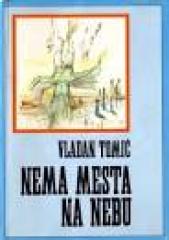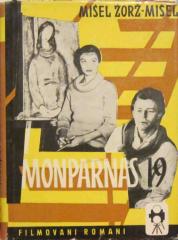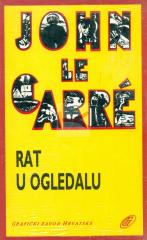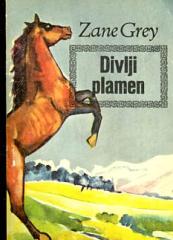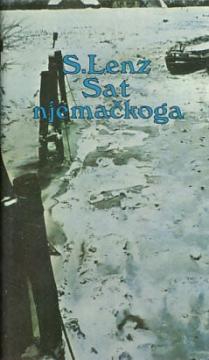
Sat njemačkoga
Nemački sat (1968) Zigfrida Lenca je nemački roman koji se bavi temama dužnosti, poslušnosti i moralne odgovornosti u kontekstu nacističke Nemačke, ispričanim kroz perspektivu mladog Zigija Jensena.
Priča se odvija u dva vremenska perioda: pedesete godine 20. veka, dok Sigi piše esej u popravnom domu, i četrdesete godine 20. veka, kroz sećanja na svoj život u selu Rugbil.
Sigi, sin policajca Jensa Olea Jensena, seća se očeve opsesivne poslušnosti nacističkom režimu. Jens, zadužen da sprovede zabranu slikanja umetnika Maksa Ludviga Nansena, koji je označen kao „degenerik“, postaje sve opsednutiji svojom dužnošću, uprkos tome što je nekada bio prijatelj umetnika. Maks, inspirisan pejzažom Severnog mora, nastavlja da slika uprkos zabrani, što izaziva sukob sa Jensom. Sigi, rastrzan između divljenja prema umetniku i lojalnosti ocu, svedoči kako fanatizam uništava porodične i lične odnose. Njegova pobuna protiv očeve slepe poslušnosti vodi ga u sukob sa vlastima, što kulminira njegovim zatvaranjem.
Roman, napisan u formi Sigijevog eseja, ispituje kako autoritet i poslušnost guše individualnost i moral. Kroz bogate opise i psihološku dubinu, Lenc stvara snažnu kritiku nacizma i konformizma, dok pejzaž Severnog mora simbolizuje slobodu i otpor. Delo je univerzalna priča o sukobu između savesti i dužnosti, sa porukom o važnosti ličnog integriteta.
Angeboten wird ein Exemplar

